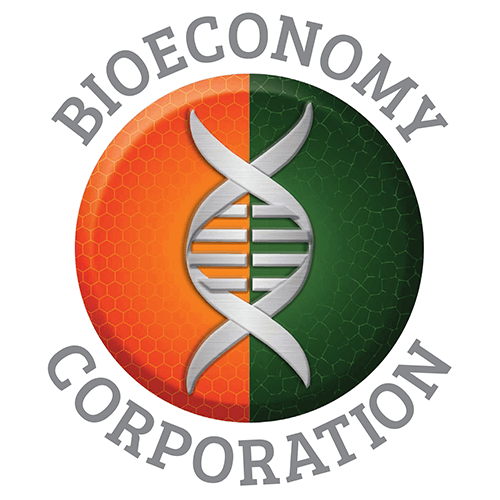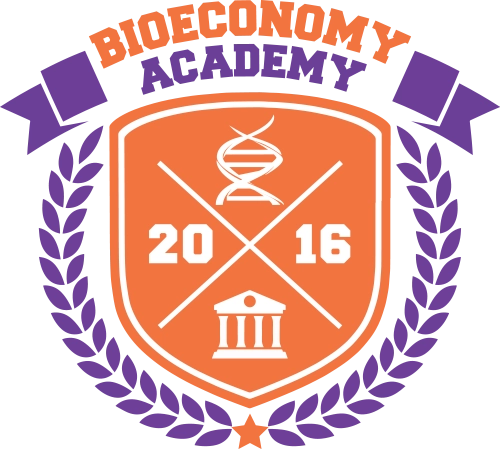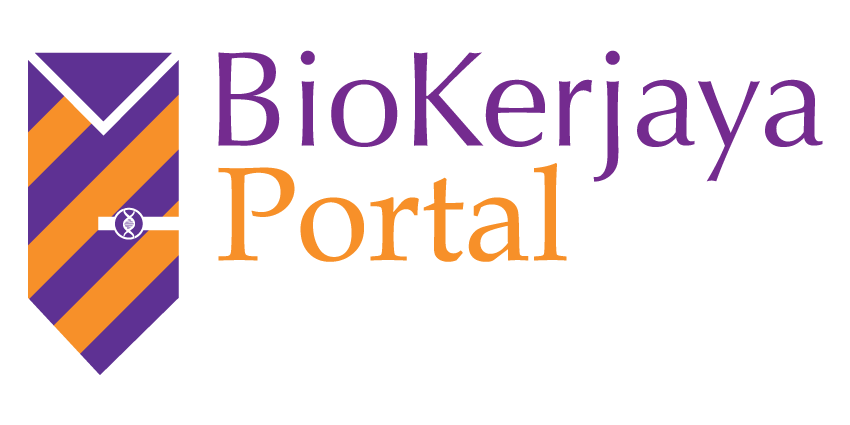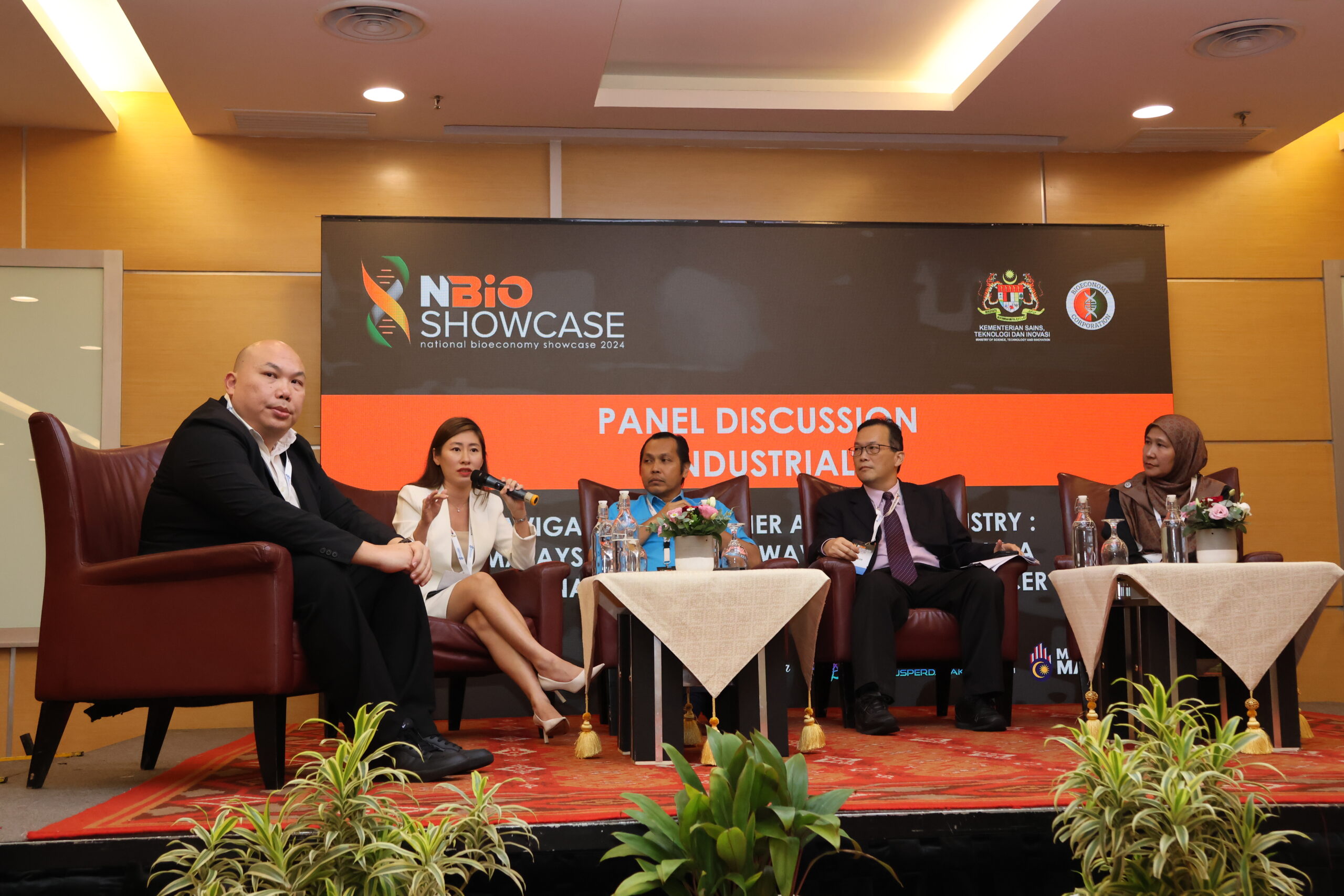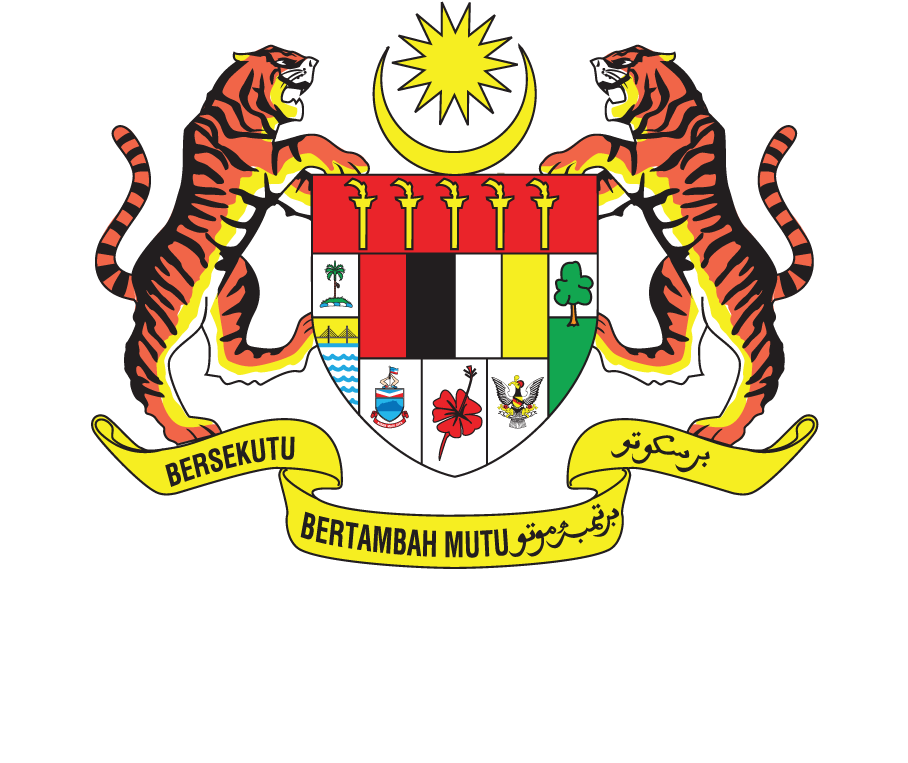KUALA LUMPUR, 31 July 2024 – Two years after Malaysia Airlines’ inaugural passenger flight utilising sustainable aviation fuel (SAF) from Kuala Lumpur to Singapore, Bioeconomy Corporation hosted a stakeholder forum to discuss the progress and development of the SAF industry in Malaysia. The key objective of the forum was to address the Government’s policies, market outlook, progress, and innovative solutions in the SAF industry.
It was estimated that Malaysia used around 8,900 metric tonnes of jet fuel per day at the peak in 2019. The usage of jet fuel is expected to exceed these figures, as the Malaysian Aviation Commission (MAVCOM) projects that aviation passenger numbers will exceed 100 million in 2024. Currently, SAF production relies on used cooking oil as the raw material, and there is increasing interest in using waste residues or biomass from the palm oil industry. The National Biomass Action Plan (NBAP) 2023 outlines the potential for utilising 164 million metric tonnes of biomass produced annually from the industry as raw material for SAF production.
“The Association of Asia Pacific Airlines states that the region has the capability to produce up to 500 million tonnes of SAF by 2050. Therefore, we need to accelerate actions and innovations in the SAF industry for Malaysia to fully leverage its biomass potential and technological advancements. MOSTI, through Bioeconomy Corporation, will continue to facilitate and pursue both local and international collaborations to maximise Malaysia’s position as a SAF provider in the region,” said YBhg. Datuk Ts. Dr. Mohd Nor Azman Hassan, Deputy Secretary General of the Ministry of Science, Technology and Innovation (MOSTI), during the opening of the forum.
Dato’ Leong Kin Mun, President of Malaysia Biomass Industries Confederation, highlighted, “The development of SAF in Malaysia offers a significant opportunity to utilise the country’s abundant oil palm biomass, crude palm oil (CPO), and sludge palm oil, all recognised as CORSIA-eligible fuels. Annually, Malaysia generates approximately 95 million dry tonnes of solid palm biomass, 18 million tonnes of CPO, and sludge palm oil. These feedstocks can be developed through technology pathways such as Gasification Fischer-Tropsch (GFT), Hydroprocessed Esters & Fatty Acid (HEFA), and Alcohol-to-Jet (ATJ), among others. A comprehensive economic study should be conducted to assess the sustainability criteria, commercial availability, and technology readiness of these pathways.”
As of July 2022, Malaysia has voluntarily participated in Carbon Offsetting and Reduction Scheme for International Aviation (CORSIA) alongside 104 other countries and has targeted the aviation industry amongst its strategy to meet its carbon neutral targets. Prof. Ts. Shamsul Kamar Abu Samah, Chief Executive Officer of the National Aerospace Industry Corporation (NAICO) shared, “SAF advancement and production is an important component for the overall aerospace ecosystem. The Government has set in place a holistic approach through the Malaysian Aerospace Industry Blueprint 2030 to position Malaysia as a sustainable aerospace hub in Southeast Asia.”
“For a more sustainable aerospace future, it is imperative to scale SAF as it reduces lifecycle carbon emissions up to 84% compared to conventional jet fuel, offering the largest potential to decarbonise in all aviation segments. Boeing is committed to ensuring our commercial airplanes are 100% SAF-compatible by 2030 and analysing opportunities to scale local SAF production in Southeast Asia through feedstock assessments,” said Sharmine Tan, Regional Sustainability Lead, Southeast Asia, Boeing.
In May 2024, global energy company Petroliam Nasional Berhad (PETRONAS) through its subsidiary, Petronas Dagangan Berhad, signed a Memorandum of Understanding (MoU) with Malaysian Aviation Group (MAG) to supply more than 230,000 metric tonnes of SAF to the national carrier beginning 2027. Present at the forum, Pn. Norhayati Hashim, Chief Executive Officer of PETRONAS Research Sdn Bhd said, “PETRONAS is committed towards advancing our bio-based technology research, concentrating on the availability and readiness of feedstock for SAF. By demonstrating our collective strengths as industry players, collaboration will be key to achieving PETRONAS’ Net Zero Carbon Emissions by 2050 (NZCE2050) aspiration.”
“We are committed to complete our SAF production facility in Pasir Gudang, Johor by the end of 2025 which will catalyse Malaysia’s position as a major SAF producer in the region,” remarked Kelvin Chow, Senior Strategy Manager, EcoCeres Inc. The facility will be a major production hub for SAF, hydrotreated vegetable oils (HVO), and renewable naphtha with annual capacity at 350,000 metric tonnes upon completion.
More than 100 stakeholders from the public sector, including policymakers, regulators, SAF producers, ecosystem players, academic institutions, and the general public participated in the forum. They shared their views and recommendations on accelerating innovation and paving the way for the commercial production of SAF.
The stakeholder forum was held in conjunction with the National Bioeconomy Showcase 2024, organised by MOSTI together with Bioeconomy Corporation as the main organiser on 18 July 2024 at the World Trade Centre in Kuala Lumpur.
